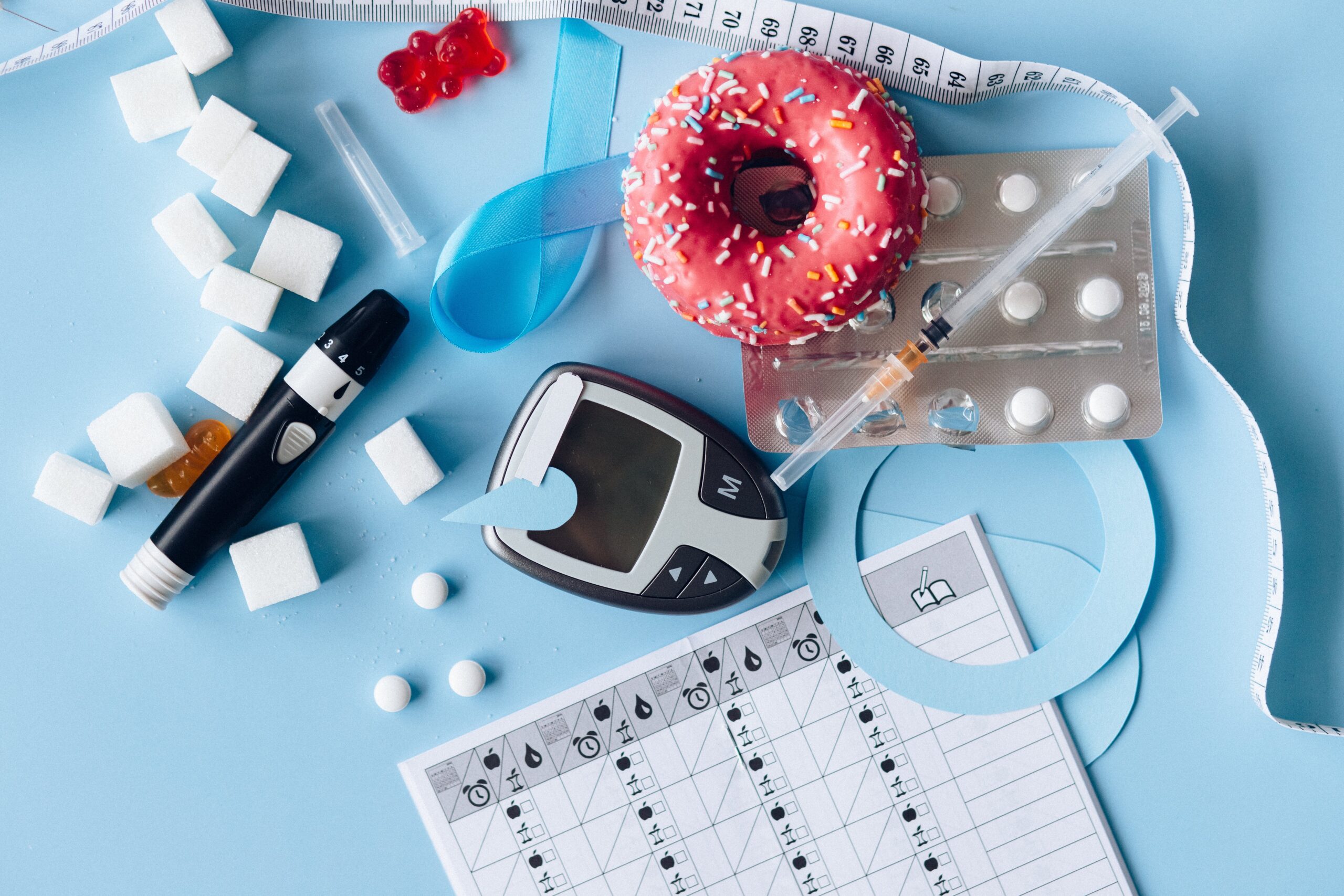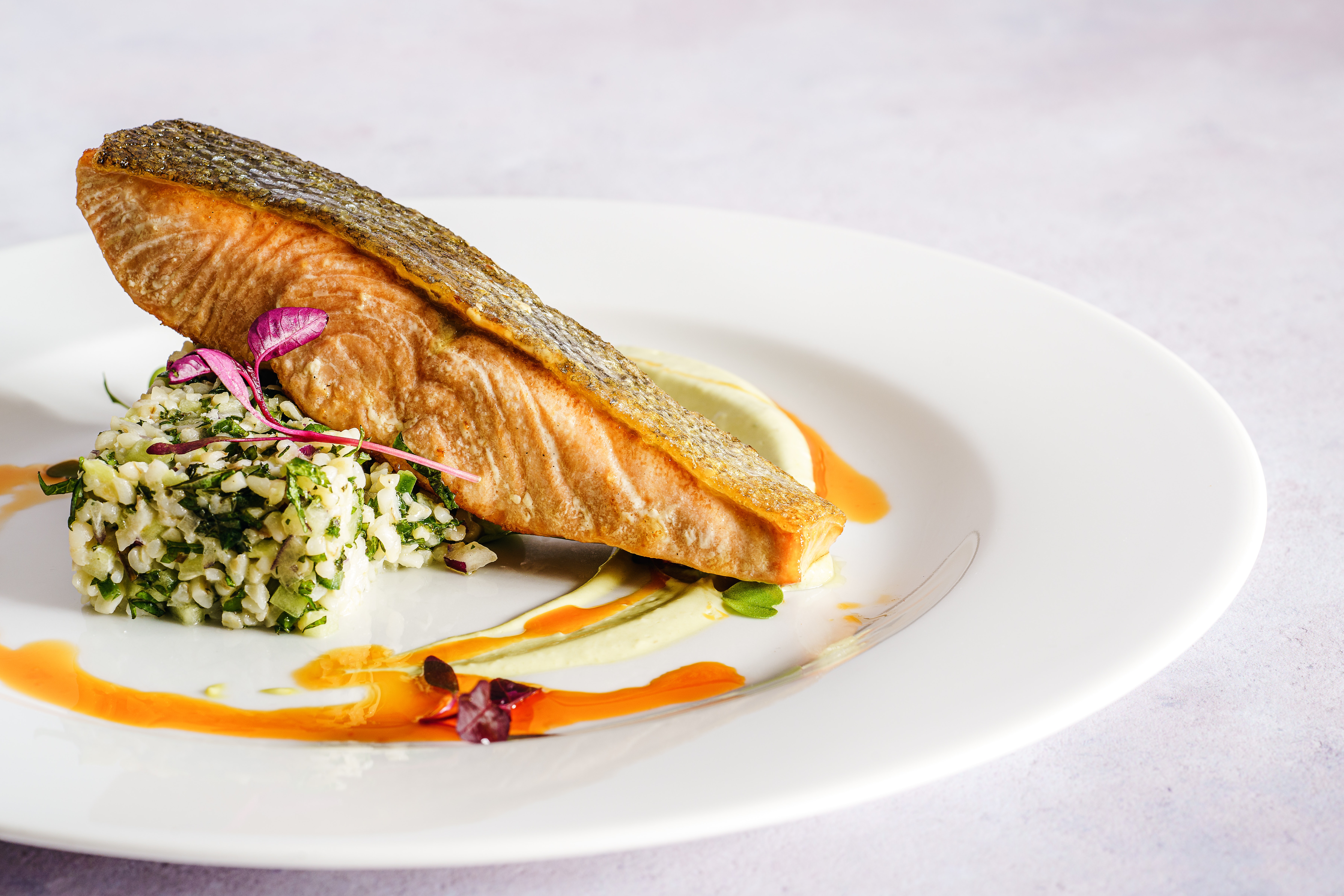Insulin resistance, a condition where your body’s cells become less responsive to the hormone insulin, is a major health concern. It’s a precursor to type 2 diabetes and increases the risk for various chronic diseases. Understanding its complexities is crucial for optimising your health.
What is Insulin Resistance?
Insulin acts like a key, unlocking the doors for glucose (sugar) to enter your cells for energy. When you have insulin resistance, your cells don’t respond properly to the key. This leads to a buildup of glucose in the bloodstream, causing hyperglycemia (high blood sugar). This situation at this point does not mean the body needs more insulin – however many people are prescribed it here. When it reality it is the lowering of the blood sugar that will help the body effectively make and use its own insulin again.
Functional Medicine Perspective:
The root cause of insulin resistance includes:
- Excess visceral fat: This type of fat surrounds your organs and disrupts their function.
- Chronic inflammation: This low-grade inflammation can damage insulin receptors and lead to insulin resistance.
- Gut dysbiosis: An imbalance in gut bacteria can contribute to inflammation and insulin resistance.
- Environmental toxins: Exposure to certain toxins can disrupt hormonal balance and insulin sensitivity.
How to Diagnose Insulin Resistance Correctly
Traditional tests like fasting blood glucose and HbA1c may not reveal early stages of insulin resistance. I advocate for a more comprehensive approach, including:
- Insulin resistance tests: These tests measure how your body responds to a glucose load.
- C-reactive protein (CRP): This marker indicates inflammation in the body.
- Gut microbiome analysis: Assessing the makeup of your gut bacteria can provide valuable insights.
Personalised Nutrition with Continuous Glucose Monitoring (CGM)
Continuous Glucose Monitors (CGMs) are revolutionary tools that provide real-time data on your blood sugar levels throughout the day. This data empowers you to:
- Identify individual food triggers: See which foods spike your blood sugar and adjust your diet accordingly.
- Test different dietary approaches: Experiment with different macronutrient ratios and food combinations to find what works best for you.
- Monitor progress: Track your improvements over time and stay motivated on your journey to reverse insulin resistance.
Reversing Insulin Resistance is Possible
The good news is that insulin resistance is reversible through lifestyle changes, especially diet. I recommend a functional medicine approach that focuses on:
- Dietary changes: Prioritising whole foods, high-fiber carbohydrates, and healthy fats while minimising processed foods and added sugar.
- Physical activity: Engaging in regular exercise to improve insulin sensitivity.
- Sleep optimisation: Prioritising quality sleep to regulate hormones and reduce inflammation.
- Stress management: Chronic stress can worsen insulin resistance. Incorporate stress-reduction techniques like mindfulness and meditation.
- Gut health support: Probiotics, prebiotics, and dietary modifications can promote a healthy gut microbiome.
There is heaps of research highlighting the power of personalised nutrition and CGM in reversing insulin resistance. By understanding your body’s unique response to food and making informed dietary choices, you can regain control of your health and optimise your well-being.
Remember, reversing insulin resistance is a journey, not a destination. Be patient, consistent, and seek support from a functional medicine practitioner or registered dietitian for personalised guidance.



